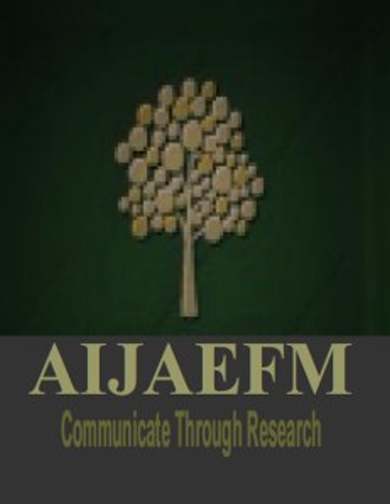An Analysis Of The Determinants Of Household Biomass Energy Demand And Willingness To Pay For Improved Energy Source In Michika LGA
Keywords:
Household energy demand, Biomass fuel, Willingness to pay, improved energy sources, Michika LGAAbstract
This study examines the determinants of household biomass energy demand and willingness to pay (WTP) for improved energy sources in Michika Local Government Area (LGA) of Adamawa State, Nigeria. A cross-sectional survey design, complemented by descriptive, analytical, and contingent valuation approaches, was employed to collect primary data from 400 households across 13 electoral wards. The data captured socio-economic, demographic, and energy consumption characteristics of the respondents. The Multinomial Logit (MNL) model, grounded in Random Utility Theory, was used to analyze the determinants of household energy choices, while a Binary Logit model estimated the willingness to pay for improved energy sources. Descriptive analysis revealed that most respondents were male, within the 51–60 years age group, and had primary education. Access to modern energy was generally low, and reliance on traditional fuels such as firewood and charcoal remained high due to affordability and accessibility challenges. Regression results showed that household income and type of dwelling unit significantly influenced energy accessibility, indicating that wealthier households in better housing structures are more likely to use modern energy sources. In contrast, reliance on traditional fuels negatively affected access to improved energy. The logistic regression model further confirmed that the type of energy source significantly influenced the likelihood of having reliable energy access. The model demonstrated good fit and predictive accuracy, validating its suitability for analyzing household energy behavior. The study concludes that enhancing access to modern and cleaner energy sources is vital for reducing dependence on biomass fuels and promoting sustainable energy use in rural communities. It recommends that government, private investors, and development partners improve rural energy infrastructure, provide affordable clean energy alternatives, and promote awareness programs to facilitate equitable and reliable access to improved energy sources in Michika LGA.





